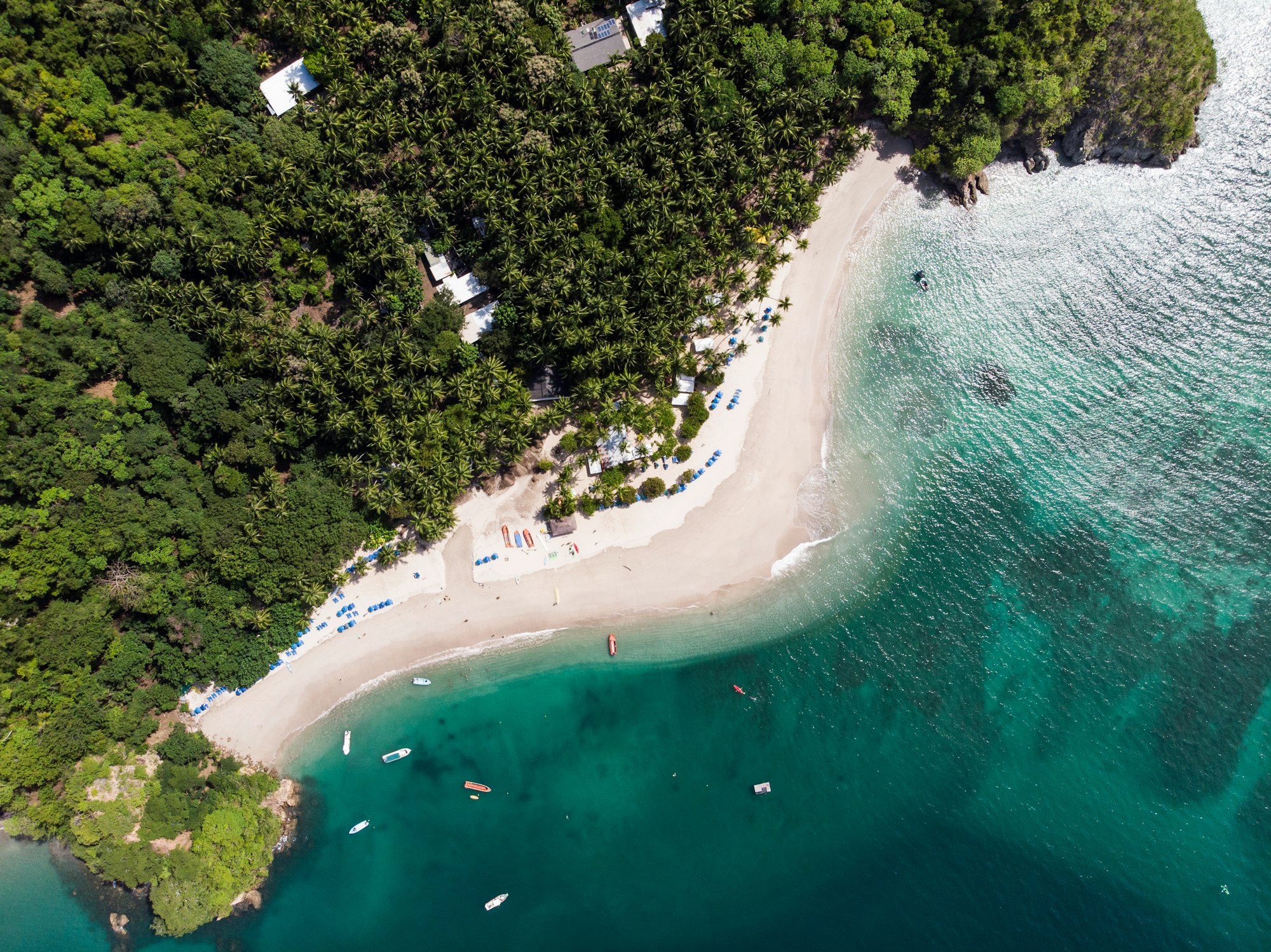Costa Rica is a small unitary, democratic country on the Central American isthmus with a well-functioning welfare State that includes universal access to health care through a State-funded health system. Within weeks of the pandemic, a specialized health center for people infected by Covid-19 was created and a 14-day quarantine for people who tested positive was imposed. The approach was carefully crafted to avoid mass infections and protect the most vulnerable citizens from the virus; vaccinations started in January 2021 resulting in 74.5% being fully vaccinated by 15 Decemner 2021.
The Government of Costa Rica took the Covid-19 pandemic very seriously, even before the first cases were reported in the country and before the World Health Organisation (WHO) declared it to be a pandemic. On 6 March 2020, for example, the Government, relying on the WHO's epidemiological alert system, activated the emergency epidemiological protocols to ban mass gatherings and other measures, including social distancing, contact tracing, closing educational institutions, and travel restrictions, initially helped to keep the number of cases and deaths comparatively low.
Costa Rica’s quick and expansive response to the Covid-19 crisis received international applause for its remarkably effective efforts to limit and control the spread of the disease and minimize the number of Covid-19-related deaths to the lowest rates in the region. While there is debate about the classification of the current significant increase in cases of Covid-19 as an extension of a first wave or the start of a second or third wave, the significant increase that started in April 2021 pushed the number new cases to the highest levels during the pandemic and resulted in a Level 4: very high risk classification for travelers to Costa Rica by the CDC.
Costa Rica’s previous experience with pandemics and emergencies resulted in the creation of a National Emergency Committee (CNE): a Government agency under the control of the President who can appoint senior officials (cabinet ministers, senior officials from two semi-autonomous institutions, and a representative of the Red Cross). The CNE has the power to design overarching policies for the prevention and response to emergencies and relief for natural and man-made crises. Article 13 of the law furnishes the agency with independence providing it with its own financial powers and specially allocated resources. In mid-March 2020, the CNE recommended that President Alvarado declare a national emergency, which he did the following day. The declaration allows all State agencies and departments to coordinate their actions and for the State to commit public resources to address the emergency. The Ministry of Health, led by an epidemiologist with experience with avian flu and SARS pandemics, and the CNE are the two most important agencies that have managed the State’s response to the pandemic. Actions included collaborative efforts by the State-owned liquor factories making hand sanitizer, then delivered by the national post office, and State actions to offer relief to companies and employees through tax, tariff, and debt relief.
